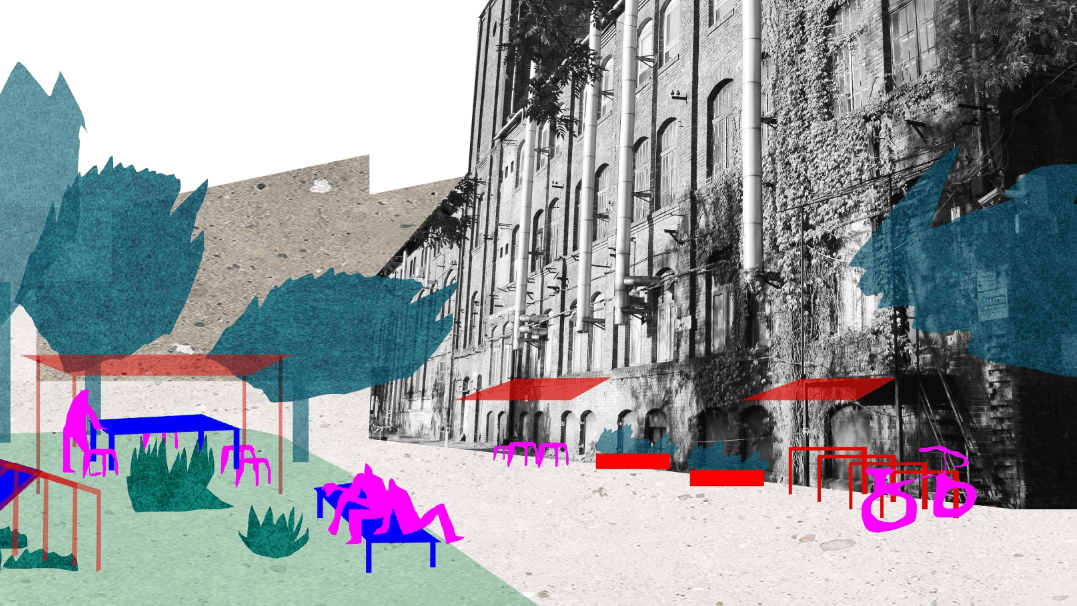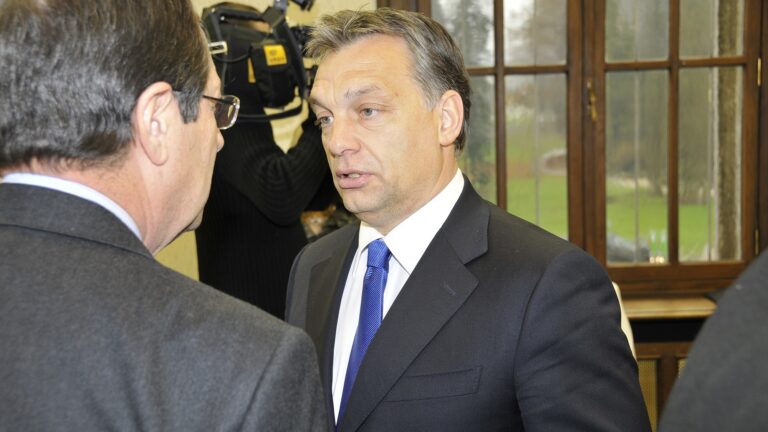The European Commission announced on Monday that among the twenty winners of this year’s New European Bauhaus Prizes one is the Hungarian project titled Cooperative Ownership of Communities.
The New European Bauhaus (NEB) Prizes, presented for the fourth time, recognize outstanding projects and initiatives that combine sustainability, inclusivity, and aesthetics, showcasing how the European Green Deal can enrich people’s lives and communities.
Projects are awarded in four categories: ‘Reconnecting with nature’; ‘Regaining a sense of belonging’; ‘Prioritising the places and people that need it the most’; and ‘Shaping a circular industrial ecosystem and supporting life-cycle thinking’.
Projects compete in two branches within each category: one branch awards completed projects with the title New European Bauhaus Champions, while the other branch recognizes promising initiatives from young applicants with the title Rising Stars of the New European Bauhaus.
NEB Prizes 2024 Rising Stars: Cooperative Ownership for Communities
Uploaded by New European Bauhaus on 2024-04-09.
The prize for promising concepts, the Rising Stars of the New European Bauhaus, was awarded to nine projects, including one from Hungary. The Hungarian project, Cooperative Ownership of Communities, won in the category Regaining a sense of belonging. The aim of this project is
to promote ‘affordable housing and inclusivity through circular renovation and sustainable practices’.
The New European Bauhaus Champions prize was also presented to nine projects, with winners from various countries including Bosnia-Herzegovina, Romania, Sweden, Spain, the Netherlands, Bulgaria, France, Luxembourg, and Austria. Additionally, two projects from Ukraine were awarded for their efforts in rebuilding and restoring Ukraine.
The 20 awarded projects were selected from among 49 finalists. The applicants will receive cash prizes of up to 30,000 euros and a communication package to support the further development of their projects or the implementation of similar projects across Europe.
Since its launch in 2020, the programme has initiated numerous activities in all member states, launching nearly 500 targeted projects in research and innovation, cohesion, regional and urban development, as well as skills development and culture, as stated in the press release.
Read more:








